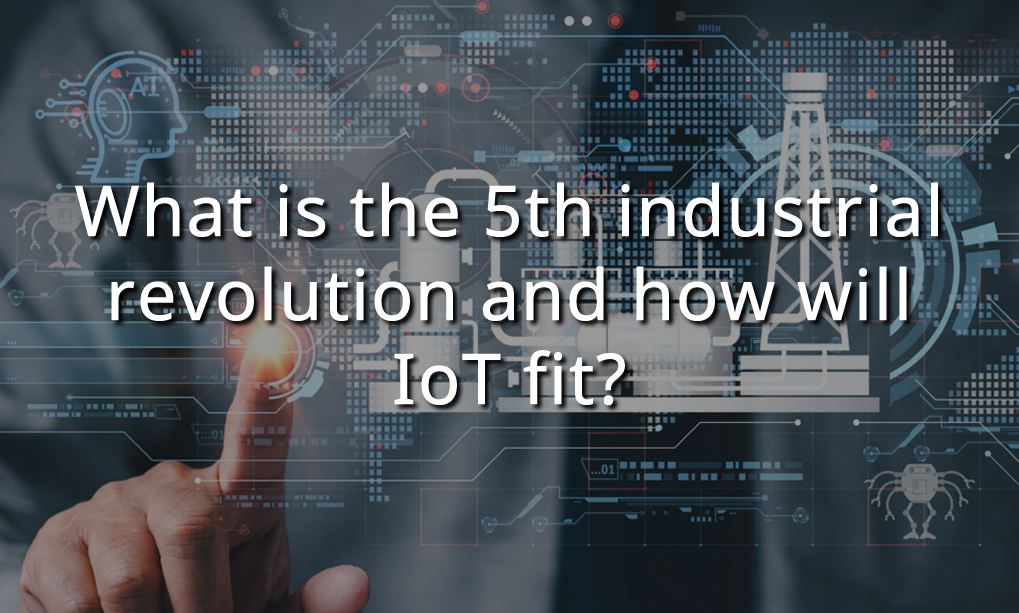The fourth industrial revolution, also known as Industry 4.0, was characterized by the integration of advanced technologies such as artificial intelligence, robotics, and the Internet of Things (IoT) into manufacturing and other industries.
The fifth industrial revolution is expected to involve breakthroughs in emerging fields such as quantum computing, biotechnology, and nanotechnology, which will enable new forms of automation, precision manufacturing, and personalized medicine. It may also involve a more decentralized and democratized approach to technology development, with greater emphasis on open-source platforms, collaborative innovation, and ethical considerations.

The Internet of Things (IoT) is expected to play a significant role in the fifth industrial revolution. IoT refers to the network of physical devices, vehicles, home or commercial appliances, and other items embedded with sensors, software, and connectivity that enable them to connect and exchange data.
In the context of the fifth industrial revolution, IoT can drive significant improvements in efficiency, productivity, and sustainability across a range of industries. For example, in manufacturing, IoT sensors can be used to monitor production processes and optimize them in real-time, leading to reduced waste and increased productivity. In transportation, IoT-enabled vehicles can communicate with each other and with infrastructure to reduce congestion and improve safety.
IoT has a critical role in the development of smart cities, which are characterized by the use of technology to optimize urban infrastructure and services. Smart city applications range from intelligent traffic management systems to smart energy grids that balance supply and demand in real-time.
At Sysical Solutions we are bringing new solutions to market almost daily whilst still offering users open protocol and open source hardware to maximise unification of services into a single pane of glass view.
Ask us about how we can transform your business.

